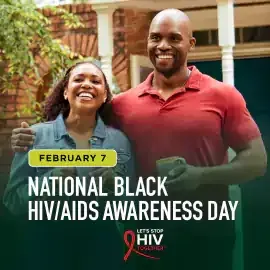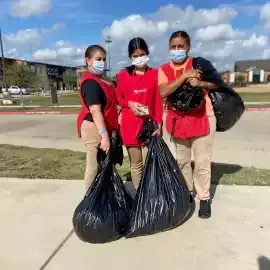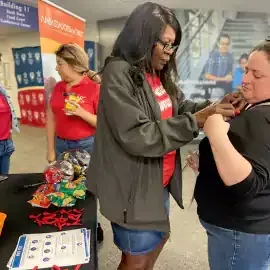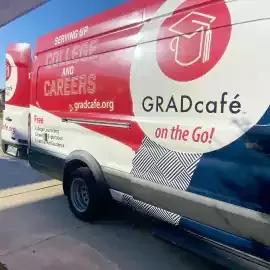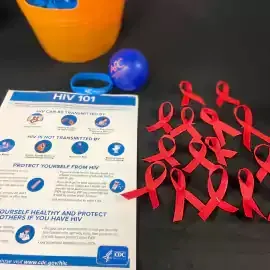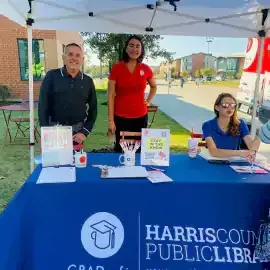AFC Youth Ministries
Nurturing Young Minds: Children’s Mental Health Week – May 2025
Nurturing Young Minds: Children’s Mental Health Week – May 2025
In today’s fast-paced and often overwhelming world, our youngest generation is navigating a wide range of challenges that can deeply impact their emotional well-being. That’s why Children’s Mental Health Week, observed this year from May 5–11, 2025, is more important than ever.
This annual awareness week is a dedicated time to shine a light on the mental health needs of children and youth, encouraging families, schools, and communities to come together in support of young minds.
Why Children’s Mental Health Matters
Mental health is just as important as physical health — especially for children, who are still developing the tools they need to process emotions, cope with stress, and build resilience. Unfortunately, many young people face silent battles. Anxiety, depression, trauma, bullying, academic pressure, and social isolation are on the rise, especially in the digital age.
According to the CDC, 1 in 5 children in the U.S. has a diagnosable mental health condition, yet a large percentage never receive the help they need.
Early intervention, open dialogue, and a strong support system can make all the difference.
This Year’s Theme: “Growing Together”
The theme for Children’s Mental Health Week 2025 is “Growing Together” — a call to action for families, caregivers, educators, and faith communities to foster environments where children can thrive emotionally, socially, and spiritually.
Mental wellness isn't just about preventing illness — it's about creating safe spaces where children feel seen, heard, and valued.
Ambassadors For Christ Youth Ministries: Supporting Children Through Faith and Care
Organizations like Ambassadors For Christ Youth Ministries (AFC) are on the front lines of championing children's mental health. Through a unique blend of faith-based mentoring, emotional support, and community outreach, AFC is deeply committed to nurturing the whole child — mind, body, and spirit.
Their programs offer:
- One-on-one and group mentoring, helping kids build confidence and resilience.
- Biblically grounded emotional guidance, offering hope and healing through scripture and prayer.
- Workshops for parents and caregivers, equipping families with tools to support their children at home.
“We believe mental health is a spiritual issue, as much as it is an emotional one,” says a youth leader from AFC. “When a child knows their identity in Christ, they begin to see themselves with love, purpose, and strength.”
How You Can Get Involved This Week
Here are a few meaningful ways you can support Children’s Mental Health Week:
- Talk openly with the children in your life about emotions and mental health.
- Share resources on social media to raise awareness.
- Host or attend events focused on youth wellness — such as AFC's upcoming "Hope for the Heart" workshop.
- Donate to organizations like AFC that are actively serving vulnerable youth.
- Pray for the mental and emotional strength of children in your community.
Final Thoughts
Children’s Mental Health Week is not just about awareness — it’s about action, compassion, and transformation. Every child deserves to grow up feeling loved, safe, and supported. When we invest in their mental health today, we’re shaping a brighter, more resilient tomorrow.
Let’s stand together this May to remind every young person:
You matter. Your mind matters. Your story matters.
For support, resources, or to get involved with Ambassadors For Christ Youth Ministries, visit afcyouth.org.
Leave Your Comment
search Article
Recent Posts
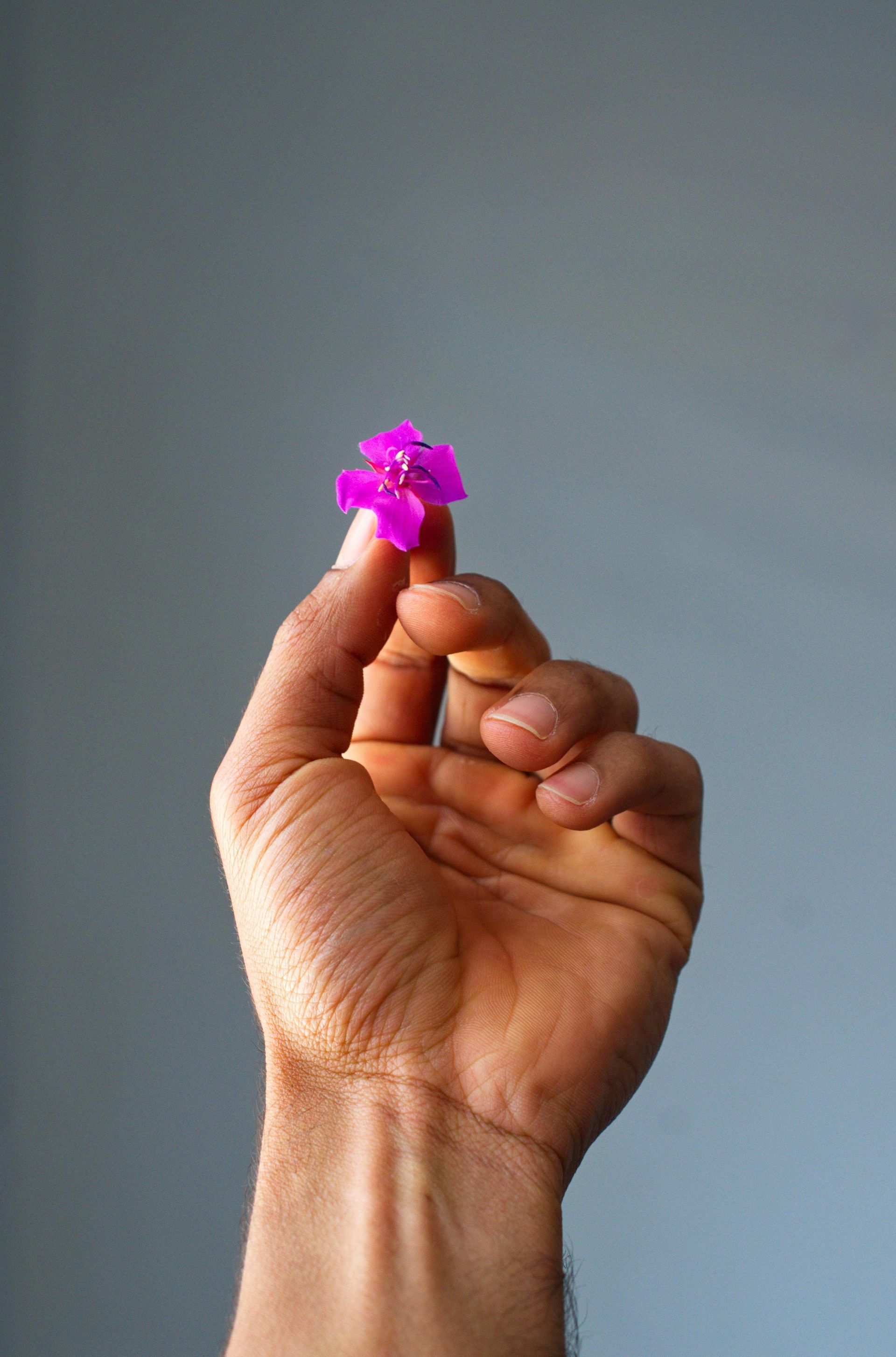
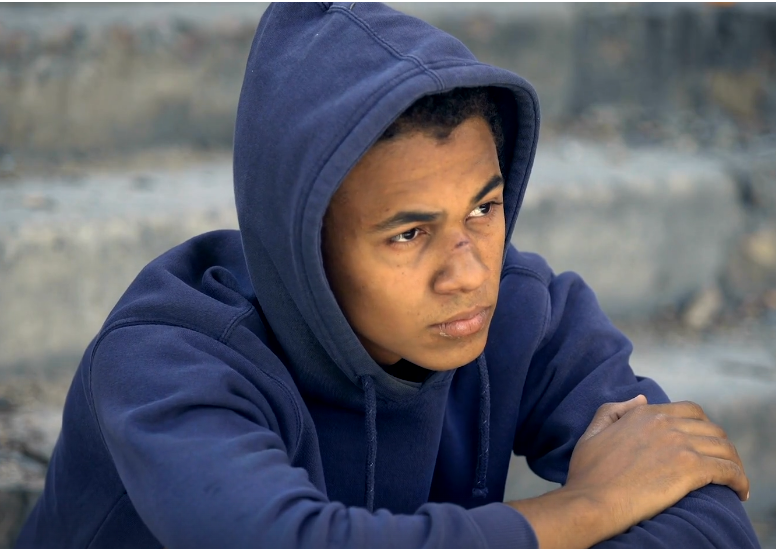


Have a question?
We’re here to help. Send us a message or give us a call today:
OUR LOCATIONS:
AFC Corporate Office-Houston
100 Glenborough Drive Suite 900 Houston Texas 77067
AFC Corporate Office-Pine Bluff, Arkansas
305 E. 6th Street Pine Bluff, AR 71601
AFC Drop In & Resource Center
555 Seminar Drive Houston, TX 77060
All Rights Reserved | AFC Youth Ministries | Website created by: True Digital Marketing
This website is supported by Grant Numbers 90SR0183-01-00, 90CX7468-02-00, 90CX7469-0200 from the Family and Youth Services Bureau within the Administration for Children and Families, a division of the U.S. Department of Health and Human Services. Neither the Administration for Children and Families nor any of its components operate, control, are responsible for, or necessarily endorse this website (including, without limitation, its content, technical infrastructure, and policies, and any services or tools provided). The opinions, findings, conclusions, and recommendations expressed are those of the author(s) and do not necessarily reflect the views of the Administration for Children and Families and the Family and Youth Services Bureau.





